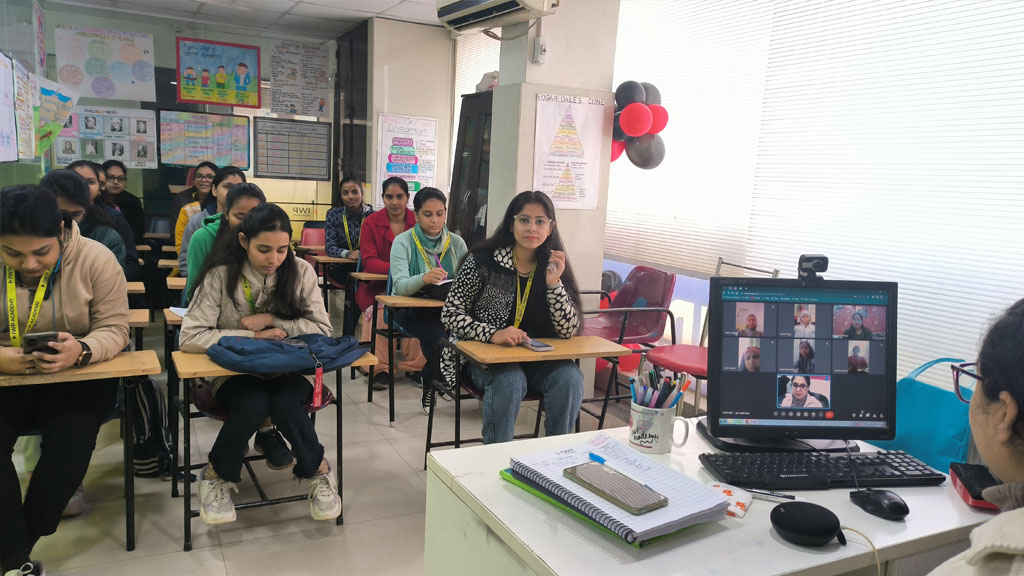Introduction:
The foundation of a child’s lifelong learning journey is laid during the formative years, making early childhood education a crucial aspect of our society. If you’re passionate about molding young minds and creating a positive impact on the future, enrolling in a Nursery Primary Teacher Training (NPTT) course could be the gateway to a fulfilling career in education. In this blog post, we’ll explore the key components of NPTT courses, the skills they impart, and the profound influence they can have on shaping the next generation of learners.
- Essence of NPTT Courses:
Nursery Primary Teacher Training courses are specifically crafted to prepare individuals for the unique challenges and joys of teaching young children. These courses blend theory with practical skills to ensure that educators are well-equipped to create engaging and effective learning environments for their students.
- Understanding Early Childhood Development:
At the core of NPTT courses is a comprehensive exploration of early childhood development. Educators delve into the intricacies of cognitive, emotional, and social growth in young children, gaining insights that are crucial for tailoring teaching approaches to meet the evolving needs of their students.
- Child-Centric Teaching Techniques:
NPTT courses emphasize child-centric teaching methodologies that prioritize active and experiential learning. From play-based activities to interactive lessons, educators learn how to make the learning process enjoyable and meaningful for their young charges.
- Effective Classroom Management:
Creating a conducive learning environment involves mastering the art of classroom management. NPTT courses provide strategies for maintaining discipline, fostering a positive atmosphere, and addressing the unique challenges that may arise in a classroom filled with energetic and curious young learners.
- Language Development and Literacy Skills:
The ability to instill a love for language and literacy in early learners is a key focus of NPTT courses. Educators learn how to develop age-appropriate language programs, promote reading habits, and encourage effective communication skills in their students.
- Adapting Curriculum for Young Minds:
Designing a curriculum that aligns with the developmental stages of young children is a skill honed through NPTT courses. Educators learn to create engaging lesson plans, incorporate educational games, and adapt teaching materials to cater to the diverse learning styles of their students.
- Inclusive Education Practices:
In an era of diversity, NPTT courses stress the importance of inclusive education. Educators are trained to create environments that celebrate differences, accommodate various learning styles, and ensure that every child feels valued and included in the learning process.
- Practical Exposure and Internships:
Hands-on experience is a hallmark of NPTT courses. Many programs incorporate practical teaching experience, enabling aspiring educators to apply their knowledge in real classroom settings. Internships and observation opportunities provide valuable insights and enhance the transition from theory to practice.
Conclusion:
Embarking on an NPTT course is not just a professional choice; it’s a commitment to shaping the future of our society. By acquiring a diverse set of skills and knowledge, individuals in NPTT courses become empowered educators capable of making a lasting impact on the lives of their students. If you’re ready to unlock the power of early education and play a pivotal role in the development of young minds, an NPTT course might be the transformative journey you’ve been seeking. Get ready to inspire and nurture the next generation!

